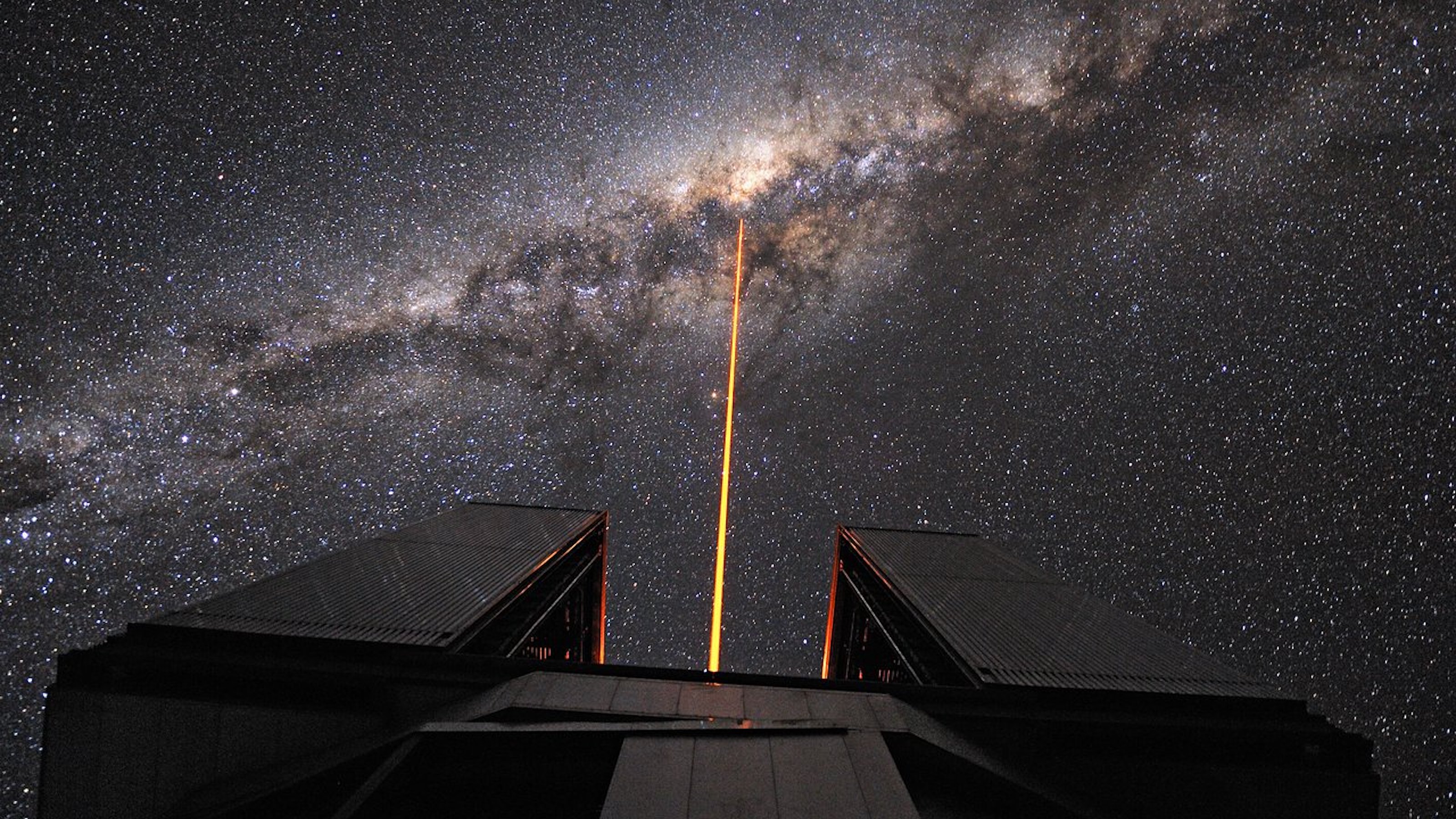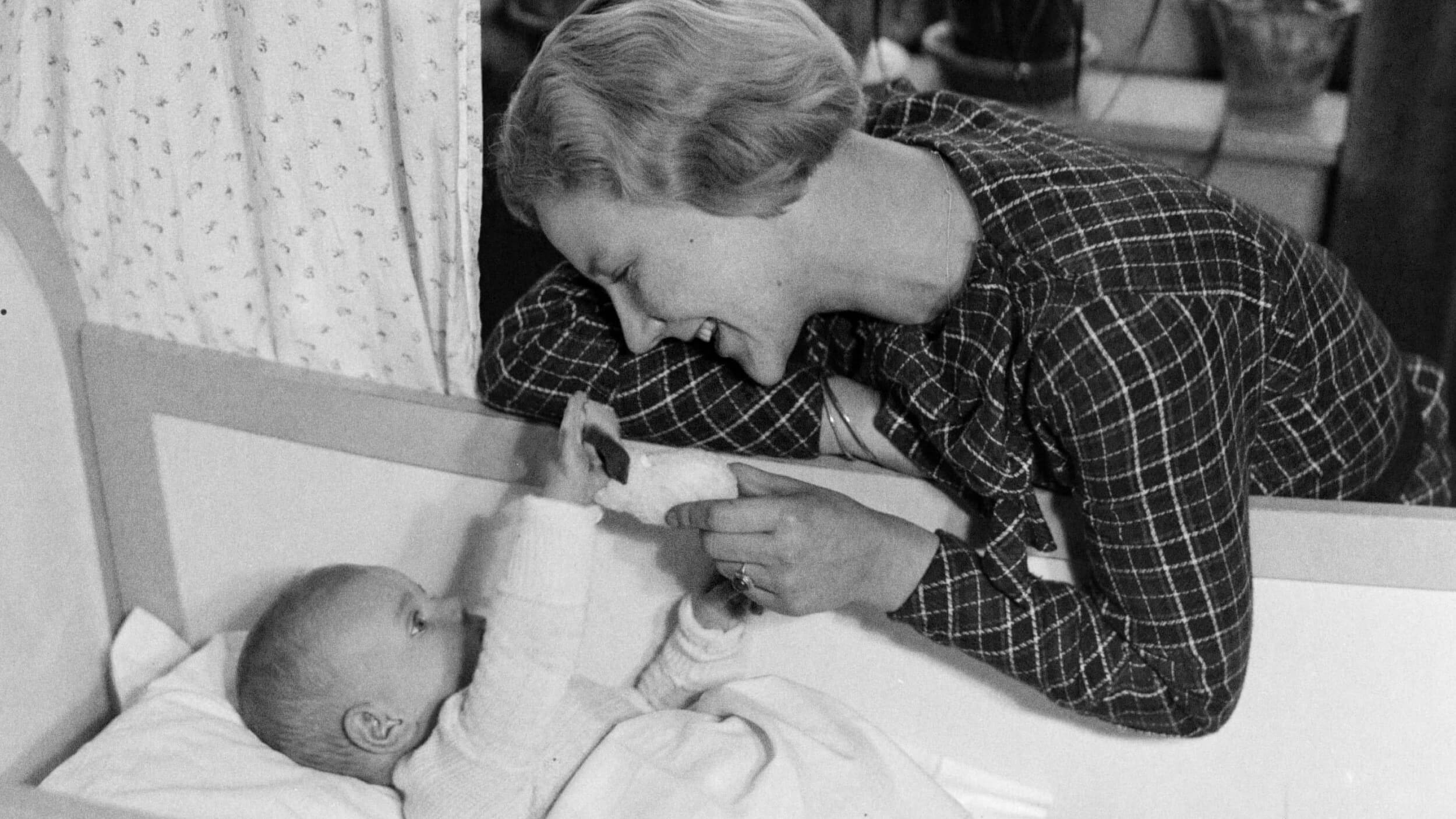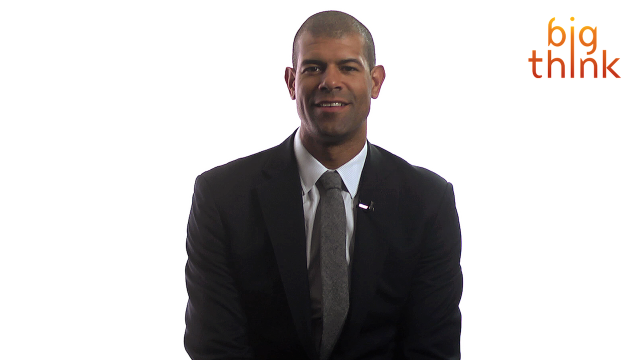How Our Brains Respond When We Read Harry Potter

How do our brains resolve the supernatural descriptions we read in fantasy literature compared to more mundane descriptions? It’s a loaded question, but Tom Jacobs from Pacific Standard has the scoop. He recently wrote on a new study that has found portions of our minds associated with emotion processing are quite tickled by the fantastic and supernatural — more specifically, when we read Harry Potter.
The paper published in PLoS One took 23 people ages 19 to 31 years old and had them read passages from one of the seven Harry Potter books (I hope the scientists avoided spoilers). There were 40 passages in total; half were descriptions of spectacular events, such as “She waved her wand over her shoulder; a loaf of bread and a knife soared gracefully onto the table.” The other half, quite mundane, “Harry, Ron and Hermione descended Professor Trelawney’s ladder and the winding staircase in silence.”
The participants were hooked up to an fMRI machine to monitor their brain activity while they read. The results show that the participants reacted to the passages quite differently. The brains’ Visual Word Form Area became active when reading the more supernatural passages, which the researchers say comes “from the effort to resolve the uncertainty of surprise due to the supra-natural events.”
What’s more, these fantastic passages activated the left amygdala, which is usually associated with emotional processing. The researchers suggest:
“… reading about events so charmingly beyond our everyday life experiences lays the ground of gratifying emotional experiences associated with this literature.”
Read more at Pacific Standard.
Photo Credit: Shannon/Flickr





